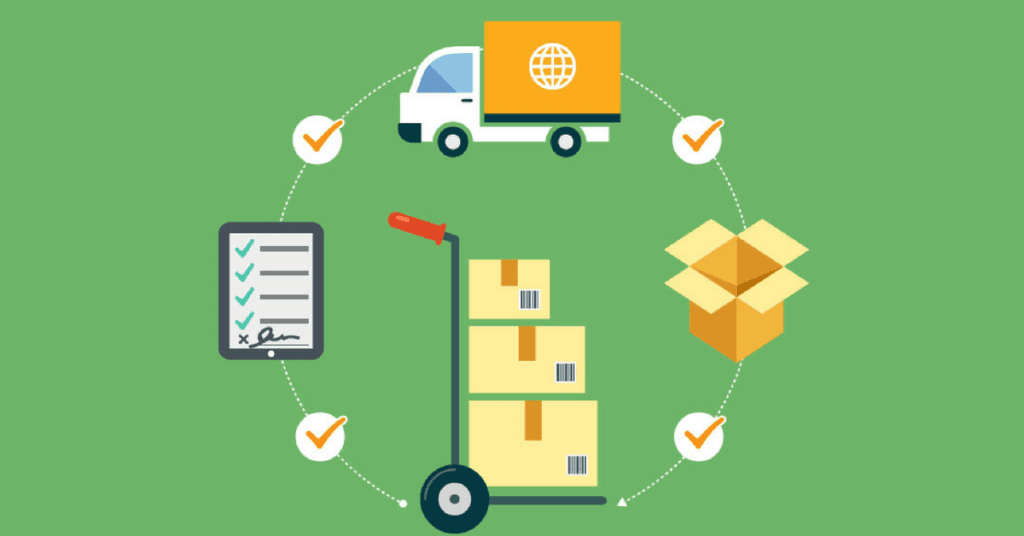Just about everyone knows what it means to transport business goods. To most consumers, though, the importance of logistics services gets overlooked. Both transportation and logistics play vital roles in modern business practices, so new business owners should read on to get an idea of what these terms mean and how the concepts they encompass are used.
What Is Logistics?
Logistics is the practice of moving goods from point A to point B. This may sound simple, but logistics services have their work cut out for them. This element of the overall supply chain requires effective transportation, affordable warehousing, and a plan for how to move goods efficiently, which requires extreme attention to detail.
The technical side of logistics management involves transporting, storing, handling, and packaging goods as well as delivering them to distributors or end consumers. Optimizing this process can help to improve delivery speeds, the quality of perishable goods, and client companies’ bottom lines.
Transportation Options Explained
Finding effective methods of transportation for different types of business goods is one of the key steps required of logistics companies. Some companies partner with third-party shipping services, which can be a good option for retailers or drop-shippers who need to send small packages to customers in different places. For larger companies, it makes more sense to work with a logistics service that can also handle freight transport in-house.
Whether business owners require parcel delivery or freight transport services, it’s integral that they choose the right carriers. Without efficient and predictable freight transport solutions, business owners can’t rely on the timely arrival of materials and goods. Retailers are unable to restock their shelves, manufacturers can’t produce new products, and drop-shippers can’t fulfill their promises of timely delivery.
How Logistics Services Help
Getting goods from point A to point B can be a surprisingly complex affair. Working with a logistics expert that understands their company’s role in supply chain management simplifies the process. Logistics managers have all of the tools and business connections required to arrange transportation and warehousing, keep track of goods, and maximize the efficiency of the entire process.
Many logistics companies utilize a combination of freight transport methods and chains of warehouses to give their clients plenty of options. The use of logistics services simplifies the freight transport process, eliminates the need for negotiating prices with multiple carriers, and saves business owners a lot of time and headaches.
Logistics Is Key to Staying Competitive
In today’s world, logistics is the key to staying competitive in challenging markets. Customers, including not just end-consumers but also retailers, have come to expect fast delivery times and higher quality products. Logistics services help suppliers keep customers happy and offer the flexibility to accommodate agile supply chains.
The largest of today’s suppliers often hire teams of in-house logistics managers. For smaller businesses, that’s not possible. Partnering with a third-party logistics company offers them access to the same key services, though, which can help these smaller businesses stay competitive.
Reach Out for More Details
Interested in learning more about how logistics services can help to improve the efficiency of transportation and delivery, streamline business processes, and save their clients money? The best thing to do now is to reach out to a logistics expert for more information. In some cases, that might mean hiring a logistics manager, but in most, it means contacting a third-party service to request a quote.







